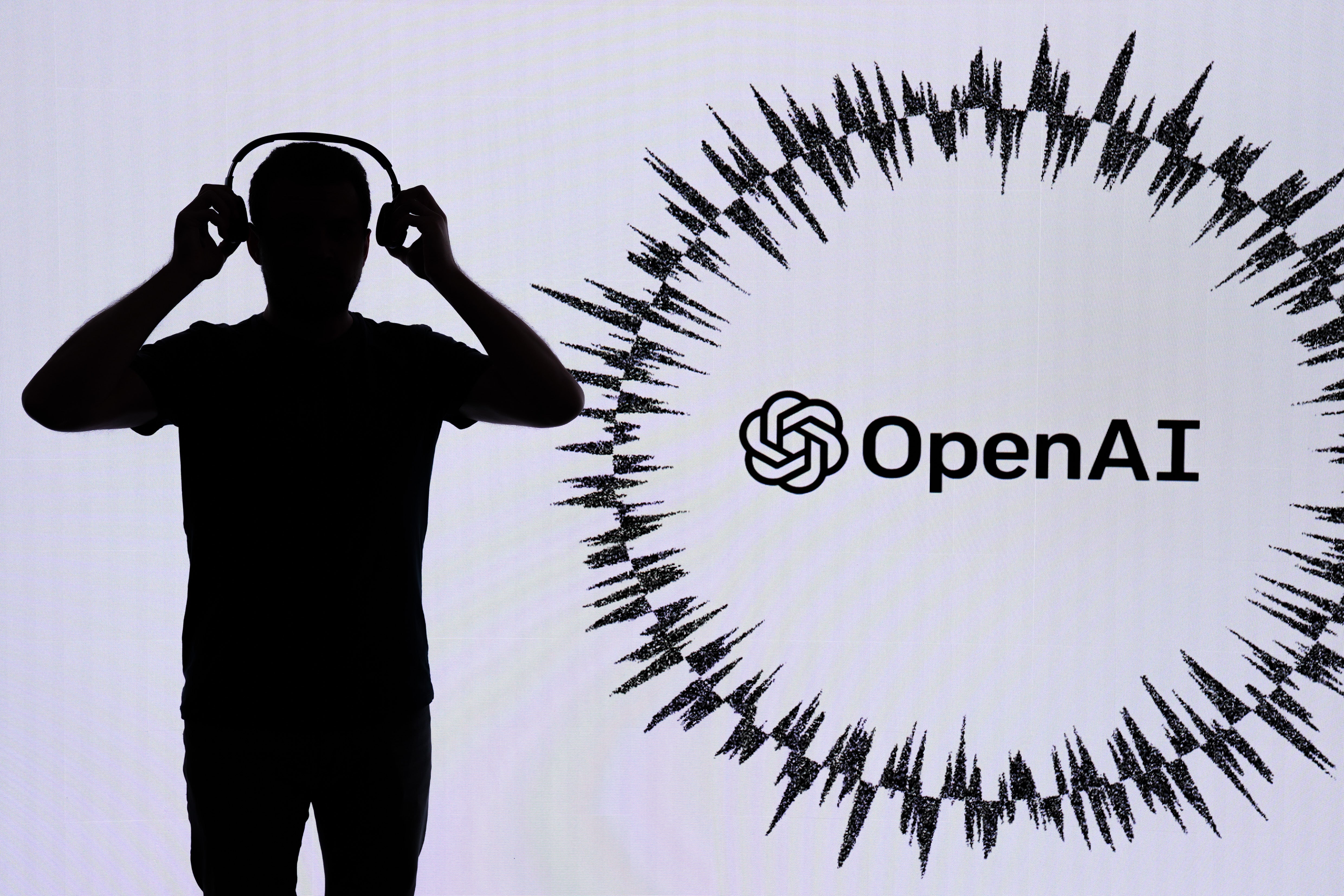OpenAI delays release of new voice for ChatGPT amid fears over its safety
‘Voice Mode’ has already proven controversial – after fallout over whether company had stolen Scarlett Johansson’s likeness to make it

OpenAI has delayed the release of a new voice for ChatGPT, amid fears over its safety.
The company revealed the voice during an event last month. It led to controversy in at least two ways: the first because it seemed worryingly realistic and believable, but also because it was accused of having used Scarlett Johansson to create a voice that would echo her character in Her.
Now, however, the company says it will be delaying that release for more safety tests. It gave little detail on what those might be, though hinted at the reasons.
“For example, we’re improving the model’s ability to detect and refuse certain content,” OpenAI said in an update. That presumably means that the system was unable to spot requests that might be encouraging the system to say something offensive or otherwise problematic.
It also suggested that the infrastructure underpinning the tool may not yet be ready.
“We’re also working on improving the user experience and preparing our infrastructure to scale to millions while maintaining real-time responses. As part of our iterative deployment strategy, we’ll start the alpha with a small group of users to gather feedback and expand based on what we learn,” it wrote in the same update.
OpenAI had intended to roll out the new voice mode to some users of its paid plan, around now. But the issues mean that it will not come at all until July – and even then could be severely limited, with all users not getting it until the autumn.
“Exact timelines depend on meeting our high safety and reliability bar,” OpenAI said, without giving any detail on what those safety and reliability checks might include.
OpenAI said that the system brought it closer to a future of having conversations with AI in the same way we might with a human.
“ChatGPT’s advanced Voice Mode can understand and respond with emotions and non-verbal cues, moving us closer to real-time, natural conversations with AI. Our mission is to bring these new experiences to you thoughtfully,” it wrote.
But the announcement led to some frustration. Some users responded to the tweet by suggesting that the company should have delayed the demo it held last month, for instance – in which the voice mode was shown giving nuanced answers to questions, with an emotive and largely human-sounding voice.
Join our commenting forum
Join thought-provoking conversations, follow other Independent readers and see their replies
Comments
Bookmark popover
Removed from bookmarks